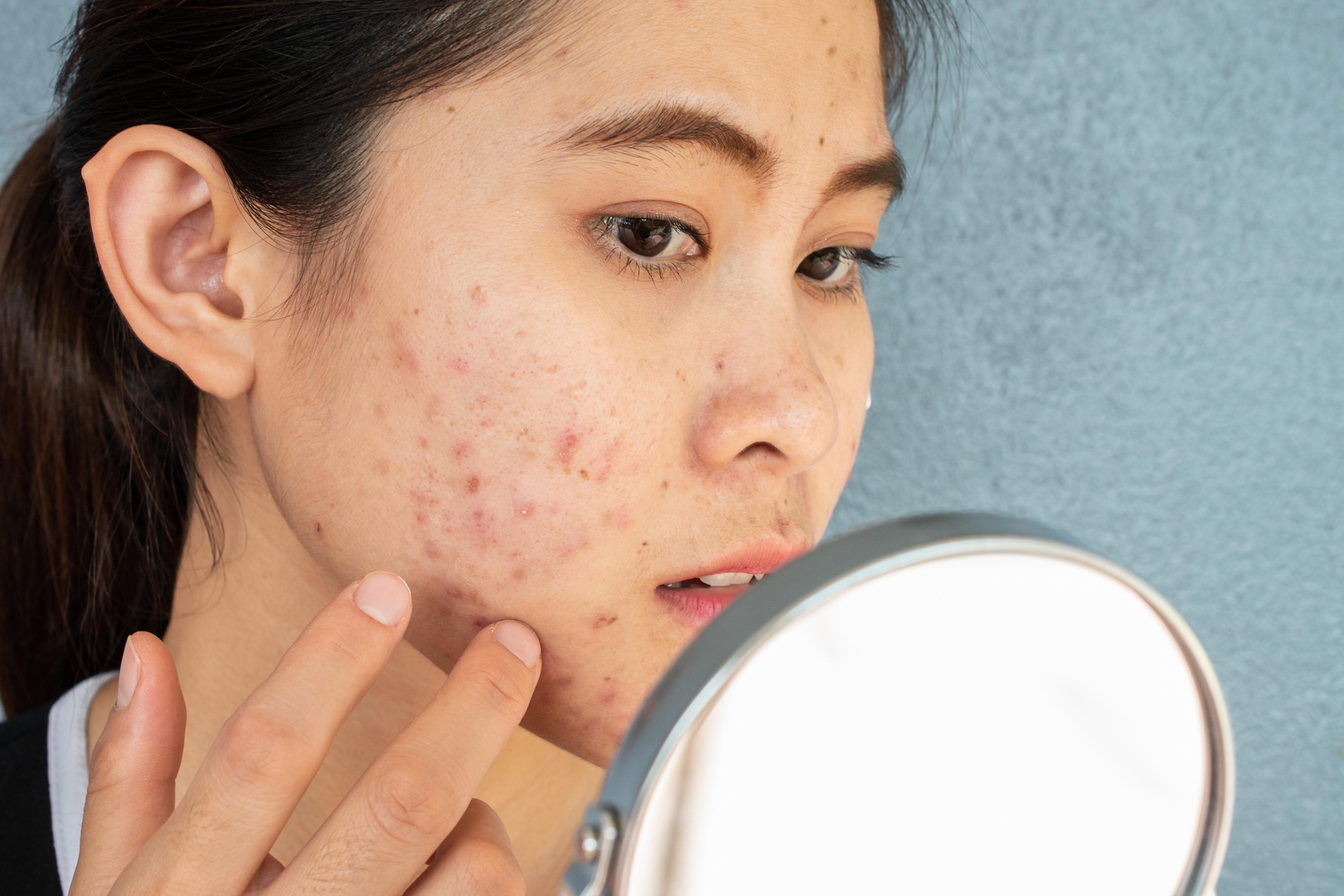Can You Have Pets with a Pet Allergy?
A Healthier Michigan
| 3 min read

While no furry friend can truly be hypoallergenic, there are some dog breeds or types of pets that are better choices for hopeful pet owners who have pet allergies. The cause of most pet allergies is not the pet itself, but the dust and dander that gets trapped in their fur, or allergens they carry inside their fur, according to the American Kennel Club (AKC).
What are the most common causes of pet allergies?
Dogs and cats are by the far the most popular pets, and the most common culprits of pet dander and pet allergy triggers. According to the American Veterinary Medical Association, 44.6% of households have at least one dog, and 26% have at least one cat. That is over 100 million American households with either a dog or a cat. Pet dander that sticks to dog and cat fur, pet waste, and dust and allergens brought inside on a pet’s fur coat can all be the culprit behind pet allergy symptoms.
Pet dander or dandruff binds to proteins found in pet urine, feces, and saliva. This can result in dander carrying these additional allergens, according to the AKC.
What are pet allergy symptoms?
The most common symptoms of pet allergies include:
- irritated or watery eyes
- sneezing
- tightness or shortness of breath
- coughing
- congestion
- skin itching and breaking out, or hives
- swelling
- difficulty sleeping
If more serious, pet allergies can bring on asthma or respiratory attacks. If you are experiencing these symptoms but are not sure you are allergic, make sure it’s not just a common cold at first as they share many symptoms. If symptoms persist or get worse, you may need to see your care team and consider a skin allergy test.
Treatment and prevention for pet allergy symptoms
There are a few ways to reduce allergens or how easily they build up or move around your home. Here are some few tips to reduce pet dander and pet allergens in your home:
- Keep pets out of your bedroom and especially your bed.
- Bathe your pet weekly and brush and groom their fur regularly. Have someone bathe your pet if you cannot handle the dander during the bathing and grooming process.
- Keep your pet’s crate, beds, and toys clean.
- Vacuum, sweep and dust often to clean up dust and allergens.
- Use an air purifier or filter.
- Avoid using down pillows or duvets. These can also trap dander.
For treatment of regular pet allergy symptoms, your care team will likely suggest over-the-counter (OTC) medications for allergy relief. If pet allergies are a concern, getting a skin allergy test or another type of allergy test can help to determine the cause and severity of your allergy. There are also more mediation and treatment options available besides OTC meds, but your care team will need to determine the best course of action if OTC meds aren’t enough for your symptoms.
What are the best pets if you are allergic?
Even those of us with pet allergies may seek companionship and the multiple benefits of owning a pet. There are some dog and cat breeds that are less likely to carry allergens, to shed, or to trigger pet allergy symptoms in their owners. While no dog or cat breed is truly hypoallergenic, according to the American Kennel Club, these are some of the best dog breeds to consider if you have pet dander allergies.
- Afghan Hound
- American Hairless Terrier
- Bichon Frise
- Coton du Tulear
- Havanese
- Irish Water Spaniel
- Maltese
- Giant, Standard or Miniature Schnauzer
- Poodle
- Portuguese Water Dog
- Shih Tzu
- Spanish Water Dog
- Yorkshire Terrier
Visit the AKC website for a full list of recommended pets for allergic owners. You may also consider fish, crabs, snakes, lizards, or other pets if you can’t stand pet dander and allergy symptoms.





